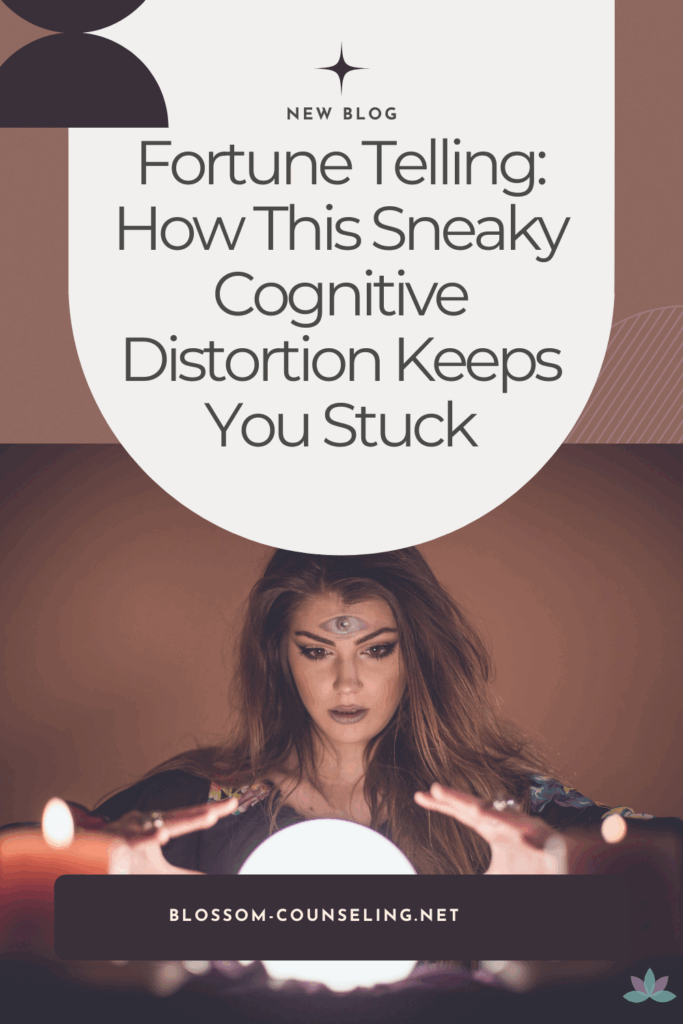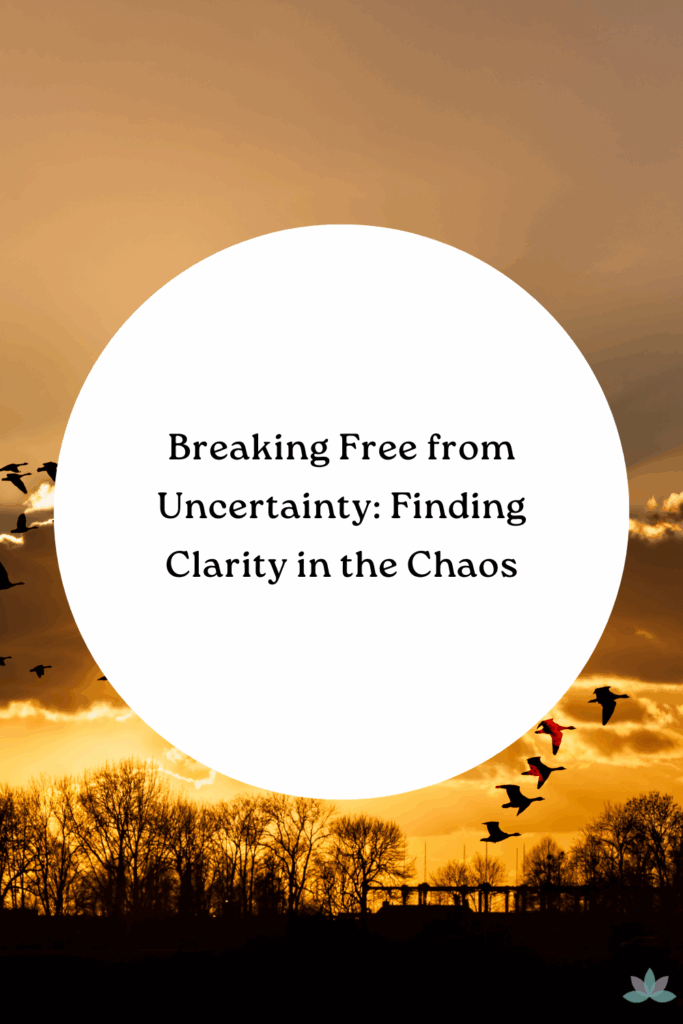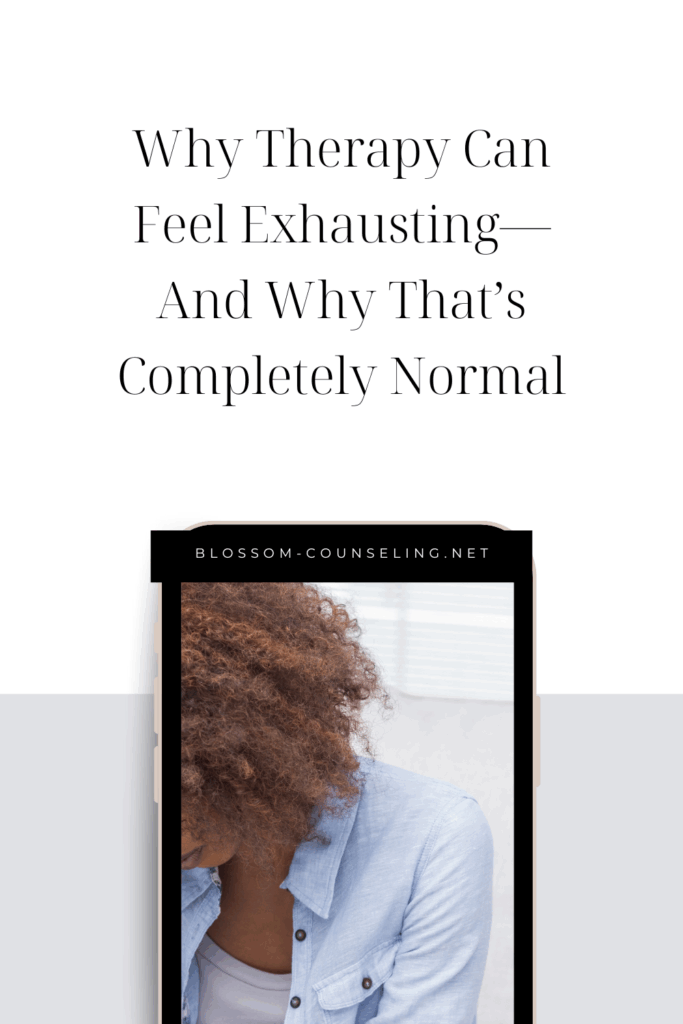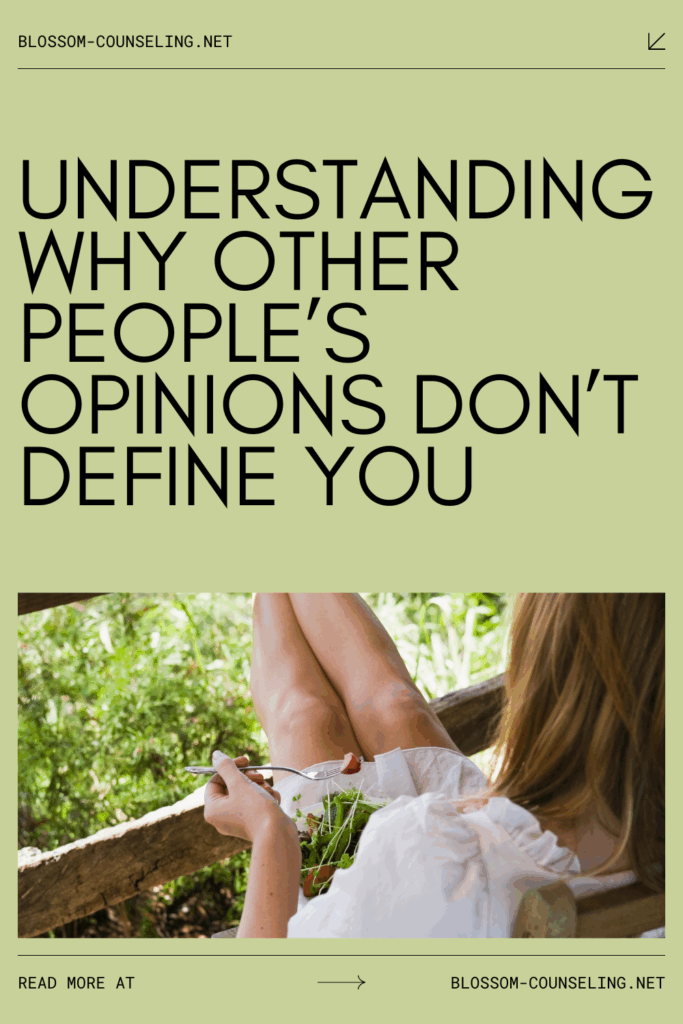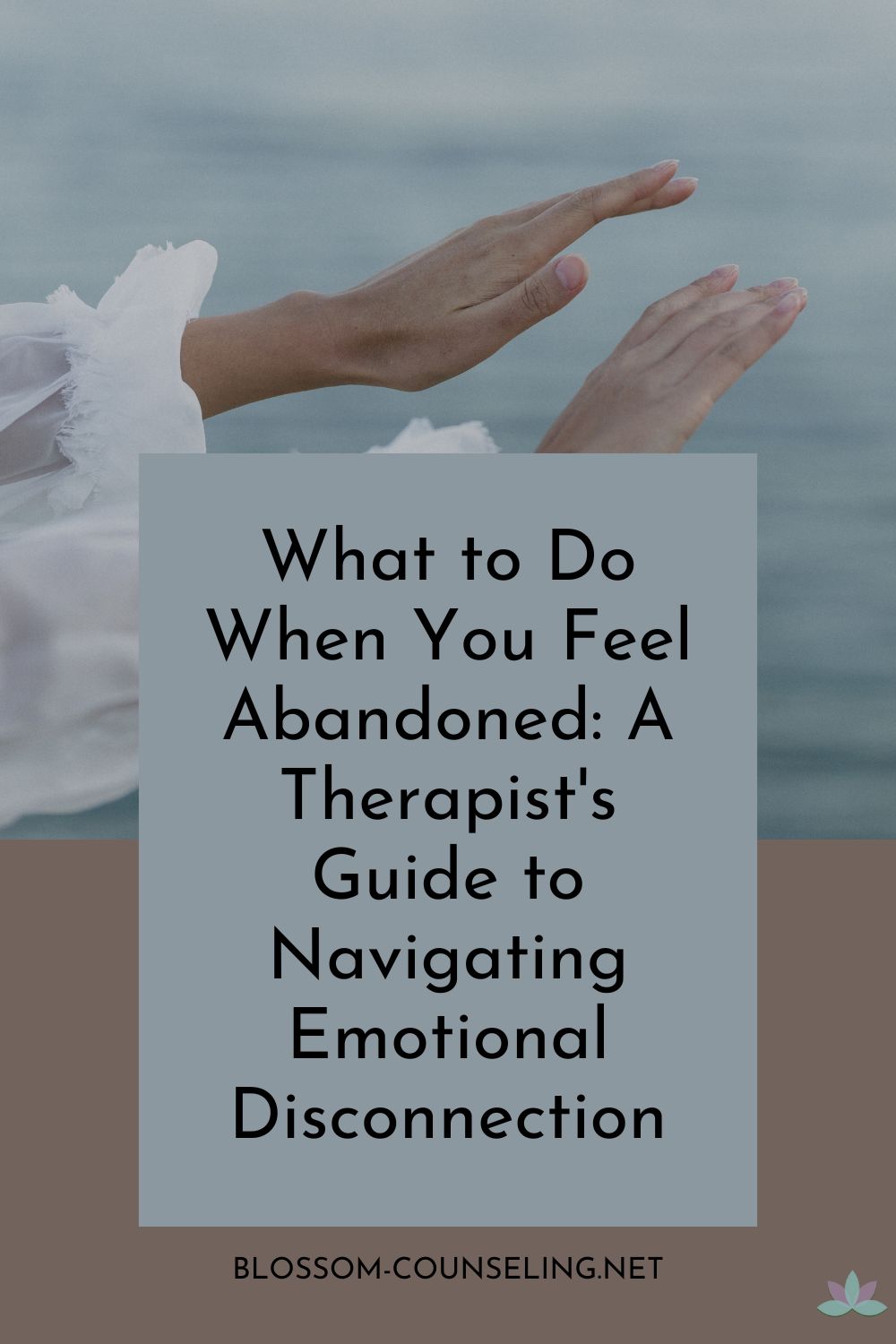 Feeling abandoned isn’t just about someone walking away. It’s that deep, gut-twisting ache that makes you question if you’re enough, if people care, or if you can really trust anyone to stay. It might come from a breakup, a friendship that faded, or growing up with a parent who was there but never really there. The sting can linger long after the moment’s over.
Feeling abandoned isn’t just about someone walking away. It’s that deep, gut-twisting ache that makes you question if you’re enough, if people care, or if you can really trust anyone to stay. It might come from a breakup, a friendship that faded, or growing up with a parent who was there but never really there. The sting can linger long after the moment’s over.
Even when you’re surrounded by people who love you, that quiet panic can still creep in. That’s because abandonment wounds aren’t just about what’s happening now. They live in your body, built from old experiences that taught you connection wasn’t safe or consistent. So what do you do when that old ache shows up and tries to take over?
Let’s start with this.
Name the Feeling (Without Judging It)
You don’t have to call yourself dramatic or needy for feeling abandoned. That alarm inside of you is trying to get your attention, not shame you. Say it out loud: “I feel abandoned.” Notice what else shows up underneath—fear, sadness, anger, shame. Naming it gives you space to actually work through it instead of getting swallowed by it.
Ground Yourself in the Present
Abandonment pulls you into old memories, even if your brain says you’ve “moved on.” Your body remembers the letdowns and the loneliness. When that feeling takes over, bring yourself back to right now.
- Name five things you can see
- Place your hand on your heart and take a few slow breaths
- Remind yourself: “This is a feeling. It will pass. I’m safe right now.”
You can’t logic your way out of it, but you can ground your body so it doesn’t spiral.
Check the Story
Sometimes the feeling of abandonment is real—someone’s pulling away. Other times, it’s fear filling in the blanks. Ask yourself:
- What proof do I have that I’m actually being abandoned right now?
- Could this be a miscommunication or an unmet need I haven’t shared?
Curiosity beats panic every time. The goal isn’t to shut the feeling down; it’s to slow it down.
Talk to the Younger You
When that abandoned feeling hits, it’s often the younger part of you taking over—the one who didn’t get comfort or consistency. Talk to that version of yourself the way you wish someone had:
“I see you.”
“You’re not alone.”
“I’ve got you now.”
It’s not weird. It’s how we rebuild safety from the inside out.
Resist the Urge to Fix It Right Away
When abandonment hits, your brain screams, “Do something!” Text them. Fix it. Make it right. But rushing to fill the void keeps you from learning how to comfort yourself. Sit with the discomfort a little longer than feels natural. Breathe through it. Remind yourself that your worth doesn’t change just because someone pulled away.
Reach Out (When You’re Ready)
Once you’ve grounded and soothed yourself, it’s okay to reach out to safe people—friends, a sibling, your therapist, even your dog. Not to fix the feeling, but to remind your brain what healthy connection feels like. Healing happens in those small moments of safety.
The truth is, everyone has a story about being left behind. Sometimes those stories get triggered, and suddenly you’re feeling way more than the moment calls for. That’s okay. The work isn’t pretending you don’t care—it’s learning how to stay connected to yourself even when someone else doesn’t.
Hi, I’m Corrine, a therapist for when life feels like too much and you can’t figure out why. I work with young adults who are anxious, overwhelmed, or stuck in that “I should be fine, but I’m not” zone. My goal? To help you feel grounded, confident, and more like yourself again.
In therapy with me, there’s no pressure to have it all together. You can show up tired, unsure, or mid–existential crisis; I’ll meet you where you are. We’ll talk things through, laugh when we can, and untangle what’s been weighing you down. I believe growth doesn’t have to be scary; sometimes it’s just about taking one honest step at a time.
If you’re ready to stop overthinking and start actually feeling better, I’d love to help you get there.

